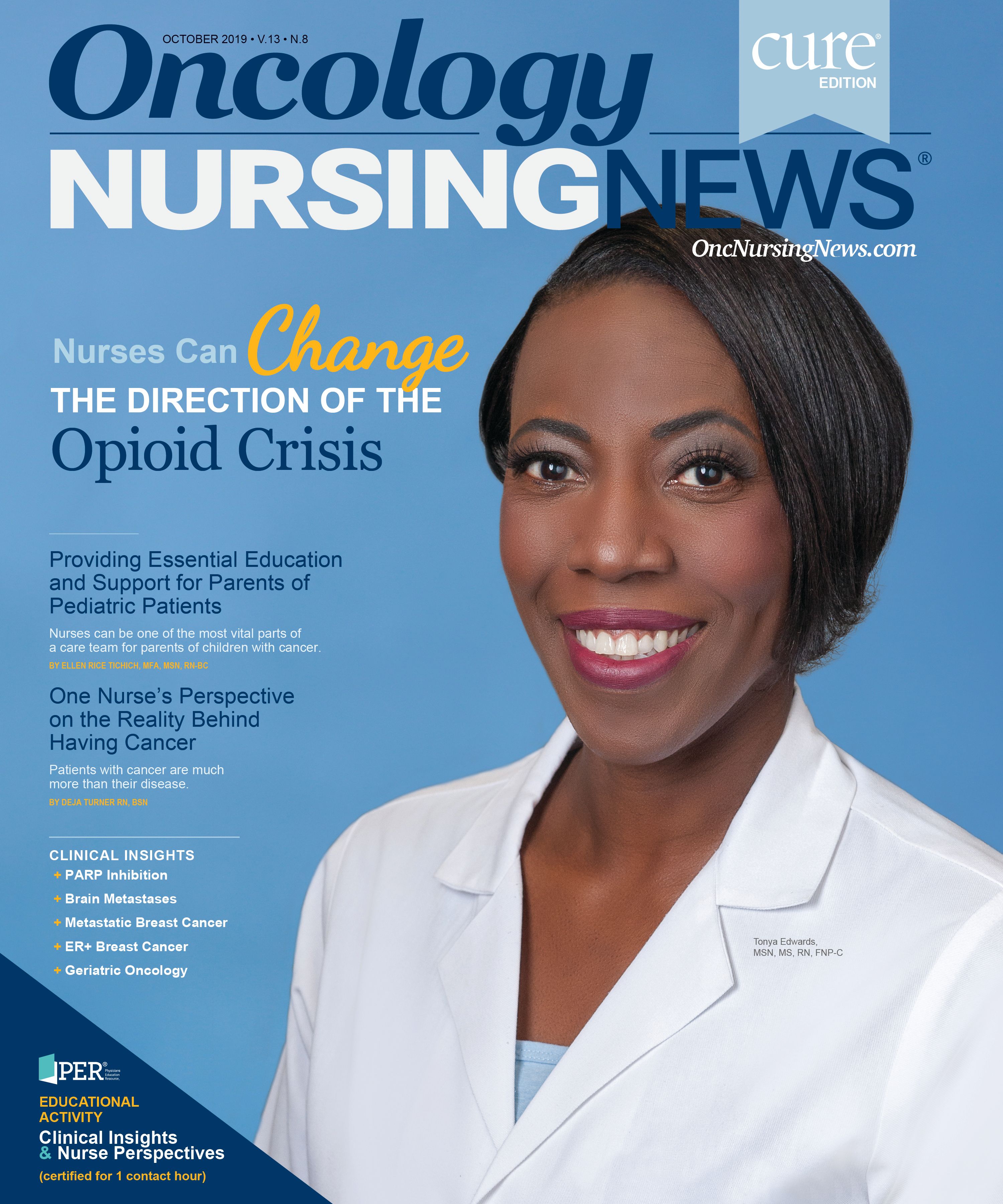Protect Yourself and Your Patients From Fraud in Genetic Testing
Genetic testing has come a long way in cancer care, but not all genetic tests are as defentive as some would have you or your patients beleive.
A flood of information about genetic tests for cancer risk is available outside the clinic—in the media and even in public places like senior centers, churches, and community fairs. If these promotions have caught your attention or that of your patients and their families, and they are considering DNA or genetic testing, you need to be armed with important information that you should first share with your patients. As an oncology nurse, you can be the first line of defense against fraudulent genetic tests and help steer patients and their family members to tests that are trustworthy and can provide reliable information to act on.
Genetic testing can provide important, potentially lifesaving information if performed in the right way. If a patient is considering genetic testing to learn more about their cancer risk, or if they have already received genetic test results, speaking with a genetic counselor, a doctor, or other healthcare provider who has advanced training in genetics is crucial. This is the most reliable way to obtain and understand information about their cancer.
Signs of Fraudulent Genetic Tests
With the growing interest and availability of genetic testing, the industry has witnessed a striking uptick in advertisements and sales representatives aggressively promoting genetic tests directly to consumers at community events, on Facebook, and in other nonmedical settings. The vast majority of these salespeople and “health advocates” have no medical background and little or no training in genetics.
These marketing representatives often target the Medicare population. Some are evasive about the lab performing the testing, and most provide misleading information, making false promises of “free” genetic testing to individuals who do not qualify. Ultimately, unwitting consumers may hand over sensitive information such as their health insurance ID number and Social Security number, enabling fraudulent billing of insurance companies—or worse.
Contrary to most health insurance policies, these businesses claim that the broad genetic test panels they offer are free to individuals
who have certain health insurance coverage. Although genetic counseling and testing for a BRCA mutation is considered an essential health benefit for certain women under the Affordable Care Act (ACA),1 the tests for hereditary cancer genes (CGX) and pharmacogenetic tests (PGX) offered by companies are rarely covered at 100%, if they are covered at all.
Importantly, the BRCA testing requirement under the ACA does not apply to Medicare or Medicaid. In fact, a Medicare policy imple- mented in late 2018 severely restricts genetic testing for hereditary cancer mutations. In most cases, it covers testing only for individ- uals with “recurrent, relapsed, refractory, metastatic, or advanced stage III or IV cancer” who are seeking additional treatment. Even before this policy took effect, Medicare rarely covered multigene panel testing for cancer survivors, and it has never covered genetic testing for previvors (those with a strong predisposition to cancer who do not have a diagnosis of the disease).
Despite complaints filed with the Federal Trade Commission, the Office of Inspector General, and state attorneys general, the number of unscrupulous companies and concerns is growing. These companies take advantage of individuals by misinforming them about their need and eligibility for hereditary cancer genetic testing, providing a medical service without the expertise of qualified healthcare providers, and committing fraud by stealing personal information and/or billing insurers for services not provided.
Reliable Genetic Testing is Still Important
National guidelines recommend genetic counseling with a qualified expert before and after genetic testing. Talking to a healthcare provider with expertise in cancer genetics is important. This helps assure that the right test is performed (many are available) at a reliable, high-quality lab; that results are interpreted correctly; and that you or patients receive accurate information about what the results mean and the available medical options.
When genetic testing for cancer risk is performed outside a healthcare setting, the like- lihood of misinformation is high and could lead to harm, including misinterpretation or misuse of the results. This includes “recreational” genetic tests such as 23andMe, which are not comprehen- sive or reliable measures of disease risk.
All individuals can benefit from meeting with a qualified and trustworthy healthcare professional who has their best interests at heart. Former teachers, pyramid marketing representatives, and insurance salespeople should not be involved in genetic testing— even if it involves just taking a cheek swab. Too much rides on the results of these tests.
So please, talk to your patients’ family members and friends. Warn them about the bad actors and fraud that is taking place. If they are interested in genetic testing, encourage them to seek out trust- worthy medical professionals such as yourself, a trusted colleague, or their primary care provider for guidance and expertise.
Alternatively, the Facing Our Risk of Cancer Empowered website has information on finding a cancer genetics specialist.
References
Affordable Care Act implementation FAQs - set 12. Centers for Medicare & Medicaid Services website. cms.gov/CCIIO/Resources/Fact-Sheets-and-FAQs/aca_implementation_faqs12.html. Accessed August 19, 2019.

Shared Model of Care Post-HCT Offers Safe Follow-Up, Reduces Patient Burden
Published: March 19th 2025 | Updated: March 19th 2025Alternating post-HCT care between specialized facilities and local cancer centers produced noninferior non-relapse mortality and similar quality of life to usual care.


